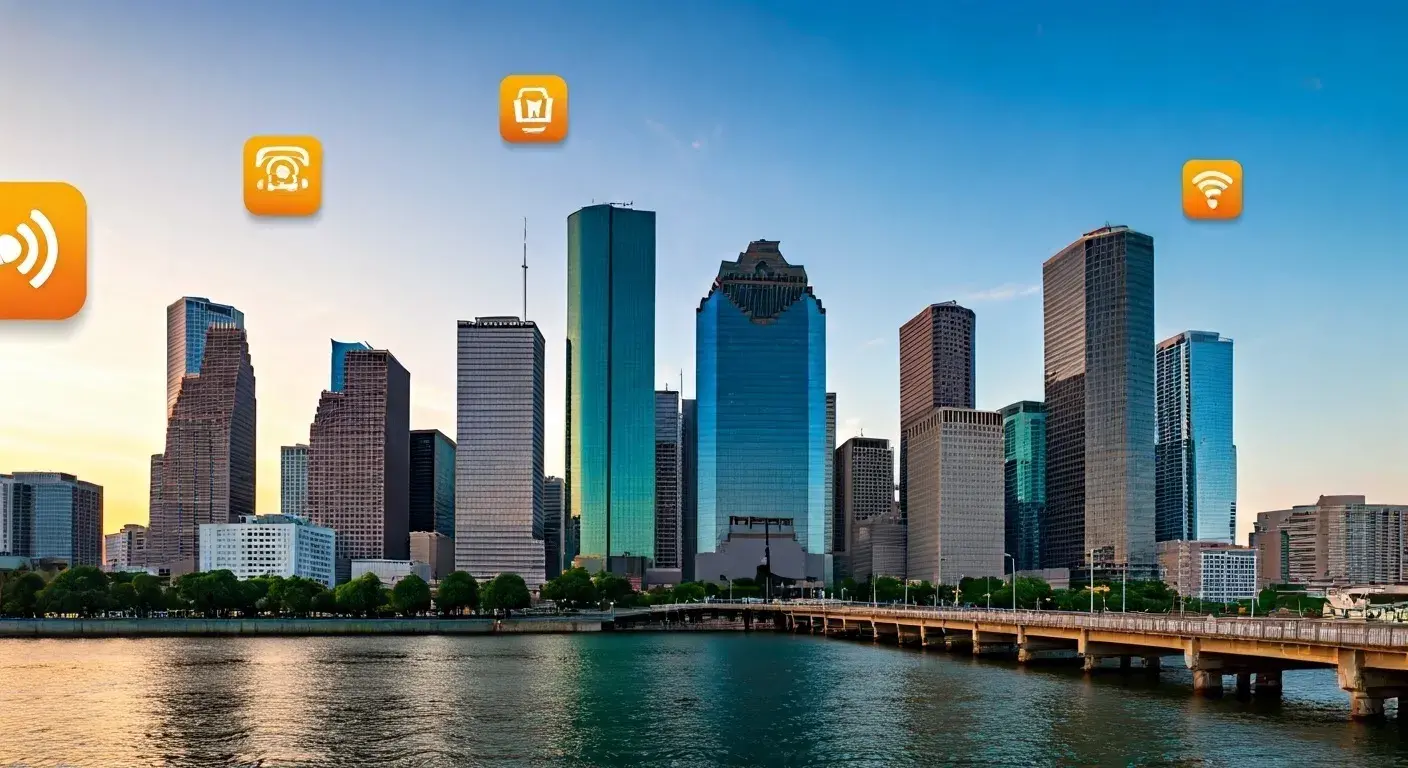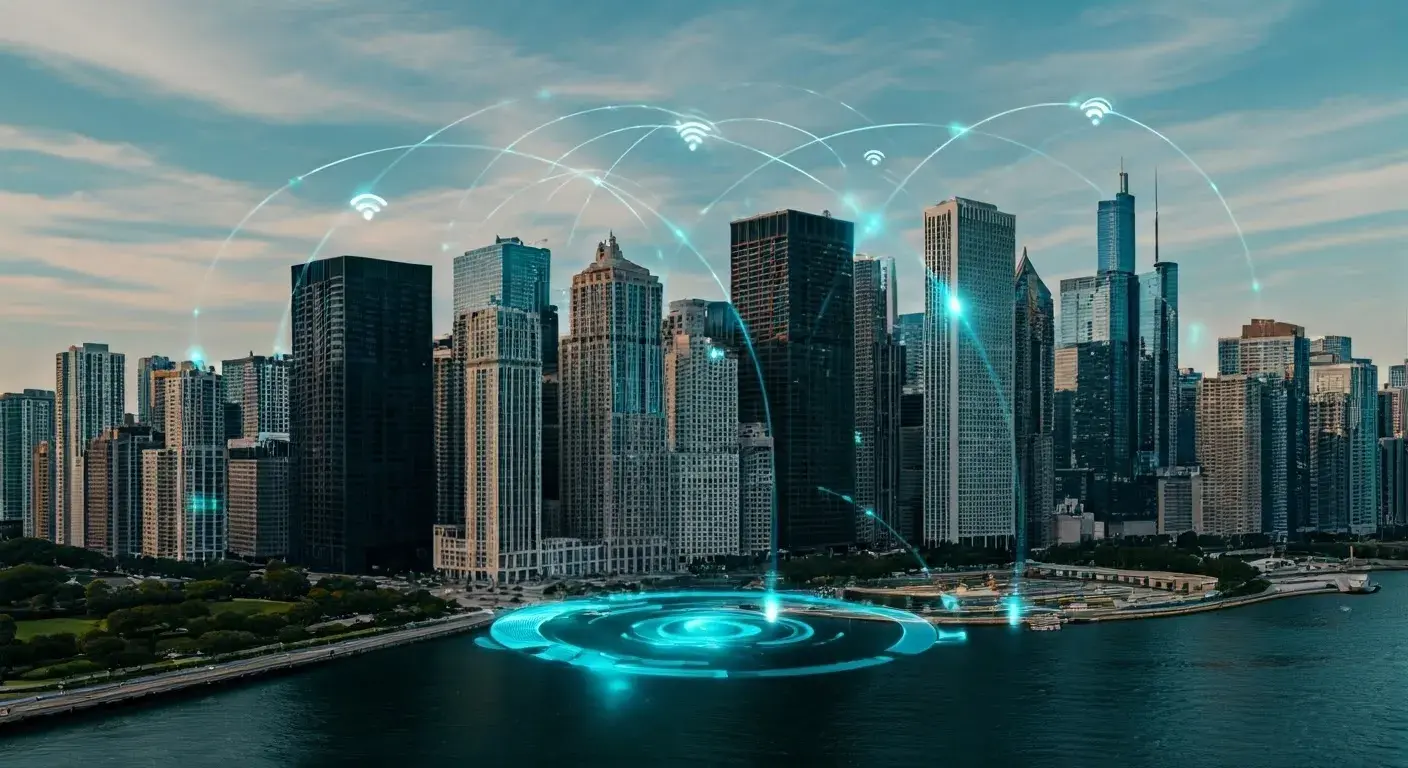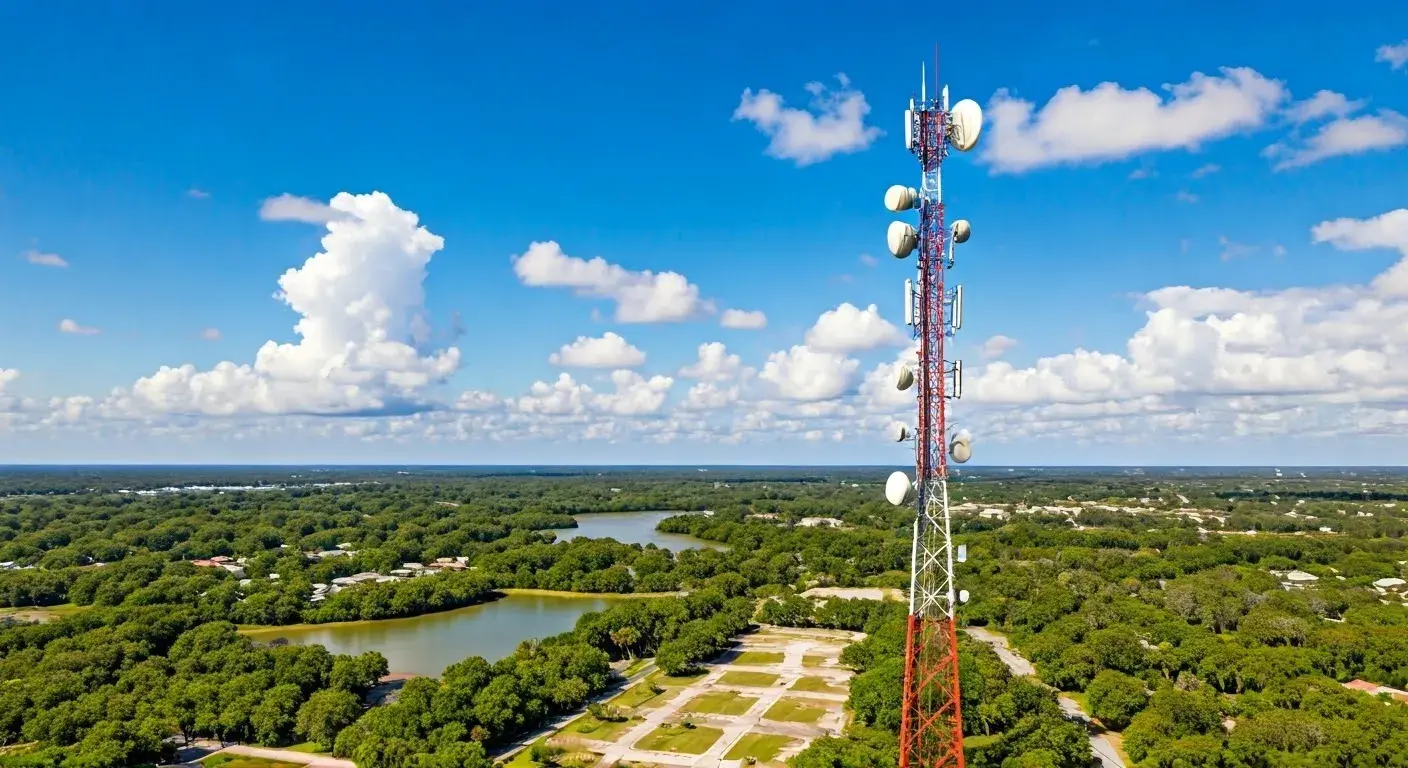
Internet vs WiFi: The difference between an independent and a dependent clause is that an independent clause, also known as a sentence, can stand alone and convey complete thoughts and ideas; on the other hand, the dependent clause needs to be connected to an independent clause to make sense.
Internet and WiFi are some of the technologies that have become a necessity in society and people use them daily. But, of course, most of the individuals are not aware of the difference between them or simply use these terms as synonyms. Although the Internet is a backward technology and WiFi is the advanced one to connect our devices, there are differences between the two.
What is the Internet?
The Internet is a global system that connects billions of devices across the globe through networks of computers. It may be described as a colossal structure through which information can flow seamlessly from one computer, server, or device to another. Some key things to know about the Internet: Some key things to know about the Internet:
- The Internet isn’t a simple term, but it is a system of networks and computers from all over the world. It is the backbone of the global networking of both networks and devices.
- The tangible parts of this infrastructure are physical cables, satellites, cellular networks, routers, servers, computers, and so on.
- Using the Internet, devices are enabled to communicate with other devices and exchange information. This includes web, email, messaging, streaming video and music, and many others.
- The Internet connects the user to other services and websites that offer knowledge, means of communication, fun, and much more.
- Some of the well-known Internet Service Providers include Comcast, Spectrum, Verizon, etc who act as a gateway or ISP through which a user can connect to the Internet infrastructure. These provide the cable or cellular link directly into homes and businesses.
If it were not for the cables, satellites, servers, and other and other myriad structures that form the Internet, we would not be able to open any website, send an email, watch movies, or do almost anything on the Internet. Internet Systems connect the devices through the infrastructure available across the globe.
What is WiFi?
WiFi can therefore be described as the technology that enables one to access wireless high-speed internet connection through radio frequencies. Key things to know:
- WiFi is a wireless local area network standard that allows for the connection of computers and other devices to the Internet without the use of wires.
- Wireless local area networks commonly known as WiFi network employs routers and wireless access points to deliver the wireless signal through radio waves. For such signals, devices require WiFi adapters to interface with them.
- WiFi networks are limited by range and the range of a basic setup is 100 feet of interior space or up to 1000 feet of exterior space for newer models. Older models may be less accurate and may not offer the same level of quality as the newer models.
- WiFi provides enables one to access a LAN or (local area network) and by extension the Internet. Making them almost as fast as wired connections.
- Particularly some cafés, shopping centers, hotels, etc offer free public Wireless Fidelity (WiFi) Internet connection zones for on-the-go connection.
In other words, WiFi can be defined as a wireless distribution of the Internet and/or a Local Area Network connection. Unlike wired networks, it employs radio waves to allow devices to connect to the Internet or other devices on the network. Things like laptops, mobile phones, tablets, and even some appliances all require a WiFi adapter to connect to wireless networks.
Internet and WiFi: Some Points of Difference
Well, to sum up what has been said, what are some of the main distinctions between the Internet and WiFi?
- The Internet is the largest global network that enhances the connection of devices and networks across the world. WiFi is a radio technology used to connect devices to the Internet, the local area network.
- The Internet is a road. WiFi is the entrance to join the Internet freeway and can function without any cords.
- The Internet is much broader in scope as a global system in comparison to other similar networks. WiFi is an ad hoc/infrastructure based on wireless LAN technology suitable for use in homes/offices.
- All data passing through WiFi also passes through the Internet connections to join servers, websites, etc. However, Internet connections do not have to go through WiFi wireless.
- Internet can be acquired without WiFi through Ethernet cable or Mobile Internet provided for use by your service provider. However, one cannot use WiFi without Internet service to support the connection.
- Internet connection is made through cables provided by ISPs or through phone lines, satellites, etc. WiFi does not offer an Internet connection but it offers wireless connectivity to connect to the internet.
Therefore, the Internet is the unifying structure of contemporary computer networks covering the entire world. Wireless fidelity or WiFi is a wireless substitute for cables that connects devices to the Internet and local networks in a small area, without the need for a cable connection. WiFi provides devices with the wireless capacity to connect to the internet for web browsing, sending e-mails, and others. Altogether they afford wireless connection to anything one gets on the Internet locally.
Why WiFi is Useful?
Understanding they are different technologies, there are some key benefits WiFi provides in accessing the Internet: Understanding they are different technologies, there are some key benefits WiFi provides in accessing the Internet:
Convenience & Mobility
WiFi is a feature that enables a user to connect to the Internet without using cables or other forms of physical connectors. This provides immense satisfaction and freedom to wander while staying connected inside the WiFi range. While with the public WiFi hotspots, that freedom moves beyond the walls of a home or office.
No Cabling Needed
WiFi frees up the costs and inconvenience of the need to install Ethernet cable which in turn enables devices to be located more advantageously. It also provides Internet support for devices with no RJ45 ports such as tablets, and phones amongst others.
Flexibility
WiFi networks can be configured for our guests with guest passwords and no full access to the internet. It is possible to add new devices without having to rewire the whole circuit because of the modularity that comes with this technology. Moreover, users can also increase the coverage by adding range extenders. The wired networks, on the other hand, require slightly more configuration by default but are equally as flexible.
Speed
WiFi, when using 5GHz or 6GHz, can provide almost the same speed of internet connection as that of wired internet. New standards such as WiFi 6 and 6E provide extremely high data speed. This allows media streaming, gaming, and the performance of large downloads and other more demanding activities.
However, WiFi does not eliminate the need for an Internet backbone but it provides a useful wireless means of providing quick and effortless Internet connectivity in our immediate environment for our devices. WiFi provides the mobility and device versatility to connect to all the rest of what the underlying Internet structures offer connectivity to. Combined with the global Internet structure and the availability of WiFi, many of the connections are wireless and provide the experience people associate with the Internet each day.






